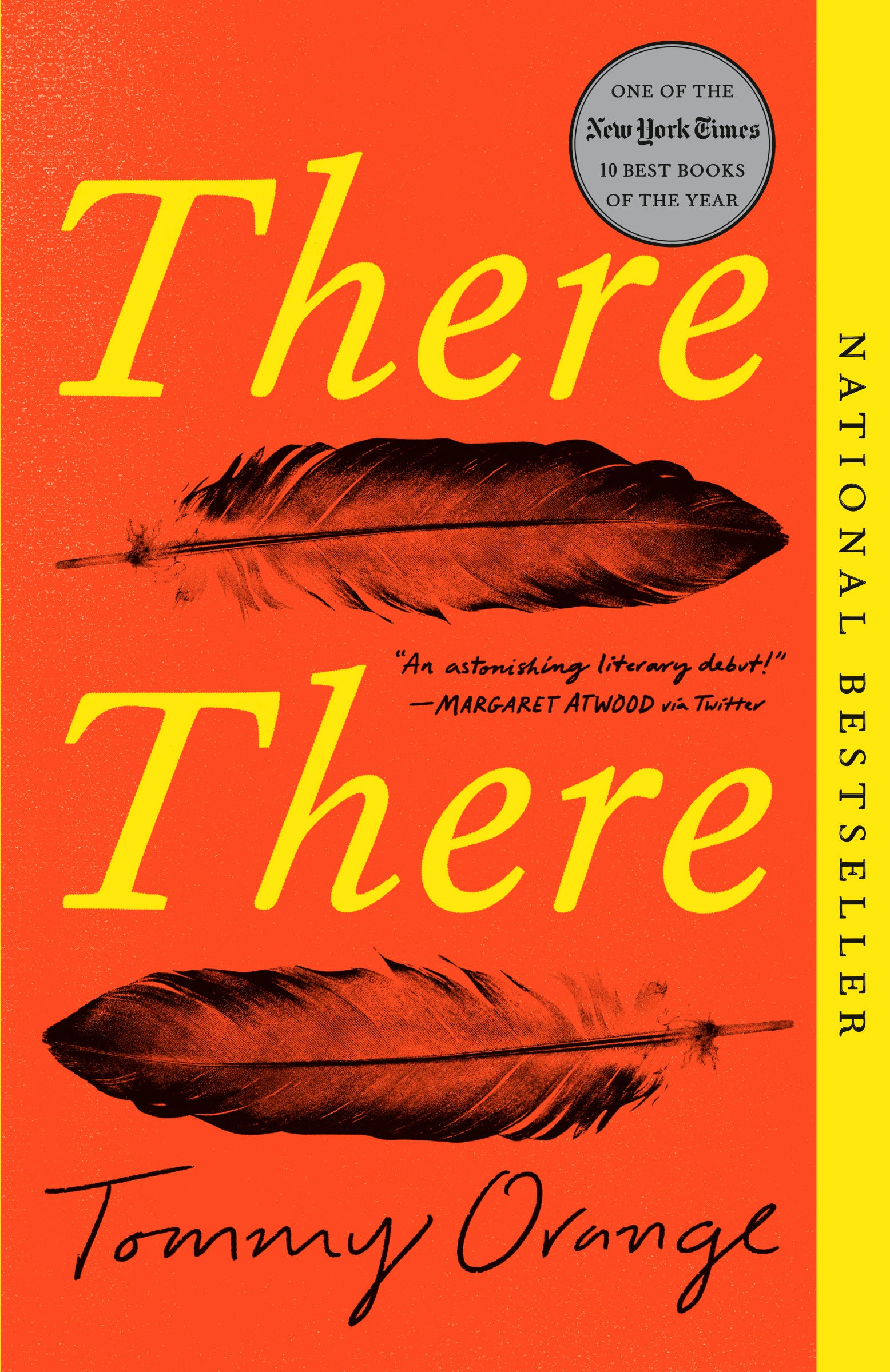 Rage by Donna Grant
Rage by Donna Grant
New York Times bestselling author Donna Grant returns to her beloved Kindred world with an all-new, captivating fantasy romance series sure to capture hearts.
Elin feels as if she’s been in the fight of her life forever. She lost her mother to prejudice and misunderstanding and her sister to the Coven, not to mention her home and the freedom to use her magic without consequence. But she finally feels as if she has found a place to at least rest—that is if she can remain hidden.
When a mysterious illness befalls his clan, taking many lives, Rob Mackenzie finally goes to check on the person squatting in the cottage on his family’s land. He hopes to find help. He doesn’t expect the most enchanting and enigmatic woman he’s ever seen or the way she makes him feel—the passions she rouses. But it’s clear she has secrets, and earning her trust may be the toughest battle of his life.
When the truth comes to light that a witch has been targeting the Mackenzie clan, Elin can’t remain sequestered. She knows she can help, and some things are more important—especially when they include saving the man she has quickly come to love. But it means revealing her secret to him and those who have hunted her kind for eons. Those who see anything they don’t understand as evil. Still, Elin hasn’t been able to safeguard those she’s loved in the past. She has to at least try to save Rob and his family.
Even if it means her end.
Elin inhaled deeply as she lifted her face to the morning sun. She smiled and looked around at the glen. She had attempted to make other places her home before she found this one, but none had worked out. She felt a soft pang in her heart when she thought of the island she had found before. She had loved it there, but her past had caught up with her all too soon.
Now, Elin was nestled deep in the Scottish Highlands, far from anyone. It was a full day’s walk to the nearest village and castle, and she kept far from it. Everything she needed was around her. She’d made sure of that.
She looked down at the bow in her hand and smiled ruefully. The first time she had tried to fire the weapon, it had been disastrous. Though she kept at it until she became proficient. It had been over a year since she’d used magic, and only then because she hadn’t been able to fix the roof of the cottage herself.
Elin turned to look at her home. When she came across the abandoned cottage, she had been desperate for shelter from a brutal winter storm. Once the weather cleared, she finally got a good look at the structure and found that it was in decent shape, other than the roof. She’d tried to repair it herself, but she lacked the basic skills and the knowledge. After a month of travel, she was exhausted. She wanted a place to rest and needed somewhere to relax. The cottage had only been meant for a brief respite during the winter, so she’d decided to use the spell to mend the roof.
The cottage had proven a good choice. The glen it was situated in offered the solace and isolation she yearned for. She had been content here. Happier than she had been in some time. Elin’s mood dampened as she thought of her island. So much of her life had been spent hiding from the Coven. The band of witches had wanted to annihilate anyone who stood in their way—and they’d nearly done just that. Elin had thought she could set aside her past as a witch and lead a normal life. She’d thought she could pretend that she didn’t have magic and get involved in a community. She had been wrong.
So very, very wrong.
She gripped her bow and adjusted the quiver of arrows on her back. Her gaze slid to the trees around her. She thought of Asrail. The once-queen of the Gira had been her closest friend. Elin didn’t know what had become of the tree nymphs since the battle with the Coven. The Gira mostly kept to themselves. They looked like trees, their skin and hair just like bark, so they disguised themselves in forests where they could lure others with whispers.
The Gira were still out there, but Elin hadn’t seen or heard any since the battle that had destroyed the Coven. During that battle, Elin had joined a band of Witch Hunters and the legendary Varroki warriors to defeat the Coven. That’s where she’d learned that there were more than tree nymphs out there. There were snow and water nymphs, as well.
The cry of a falcon drew her attention skyward. Elin watched the bird through the branches of the tree. She was free now—well, as free as she could be. She needed to remind herself of that often. She wasn’t exactly hiding anymore, but she hadn’t made herself known either. Not a bad compromise.
She had thought that not using her magic would be all she needed to start fresh with a new life. She’d learned the foolishness of that quickly enough. The Coven’s sweep across Britain had left a lasting mark on everyone and everything. Those without magic were wary of any newcomers. They were superstitious, bigoted. Disdainful of anything they didn’t understand—as well as suspicious of anyone new.
Still, Elin had slowly made friends on the beautiful island. Up until a little girl had become ill. Many used herbs to help the sick, but she had been the newest member of the community. So, when the child recovered fully after Elin’s help, they’d immediately begun calling her a witch.
Which, she was.
Elin had tried to ignore it, but the locals became increasingly hostile. In the end, she’d snuck away during the night, thus beginning the six-month journey, moving around until she’d stumbled upon her cottage. She liked it there. A lot. She didn’t want to leave, but she knew it was only a matter of time before she would have no other choice. Until then, however, she would enjoy her home.
Elin walked to the river and knelt beside it. She put a hand in the cold water that ran off the nearby mountains. The fish were plentiful, and she had become adept at catching them. Between the fish and her use of the bow, she didn’t lack for meat. When the temperatures began to warm, and the snow started to melt, she discovered the array of greens and berries, as well. There was, in fact, no need for her to go to the village. Although she had gone once.
They’d thought she was a traveler, so no one paid her any heed when she bought what she needed and returned to the cottage. Other than that one visit to the village, she hadn’t encountered anyone. That wasn’t to say she hadn’t heard the voices of those nearby. Fortunately, though, no one ventured her way.
Elin drank deeply from the river before flicking water from her hand. Then she got to her feet and turned to retrace her steps to the cottage. The nicker of a horse froze her in her tracks. Her head whipped around to the ridge above, where a lone man sat atop a steed.
She remained hidden behind a tree. The figure was just a dark outline, too far away for her to see where he looked, but she wasn’t going to take any chances. Her heart thudded in her chest as she silently prayed he would move away. Seconds passed as she waited for him to decide. The horse’s head bobbed up and down, seeming almost as impatient as she for the man to ride away. Then, the animal began to walk down to the glen.
“Nay,” Elin whispered.
She glanced at her cottage. Smoke curled in a thin, gray ribbon from the chimney. She would never make it inside without being seen by the rider, who was now headed straight for her home. No one had bothered her in months. Why was he here? What did this man want? Maybe if she remained hidden, he would leave, thinking he’d missed the occupant.
Her gaze left him long enough to sweep the area to see if there were more men, but it seemed to be only him. She slid her gaze back to him. He rode past her, allowing her a glimpse. His light brown hair was loose about his shoulders, with a strip of leather holding back the top half from his face. His tartan was dark green, navy blue, black, red, and white, and the sword strapped across his back wasn’t there for show. She caught a glimpse of his boots. Worn but well made, proving he wasn’t some peasant who held onto his family’s weapon.
He grasped the reins loosely but confidently. The horse was well cared for and was, by all appearances, a pricey steed. A person could tell a lot from how someone cared for their animals. Her gaze lifted to the man’s face. She managed to get a brief peek of his profile and saw that his gaze swept the area but returned again and again to the cottage.
Elin knew the Mackenzie clan controlled this land. Since the cottage had been abandoned, she had hoped that no one would mind if she used it for a bit. The problem was, she hadn’t moved on as she’d told herself she would—as she should have two months ago. The area was beautiful, the game plentiful, and it was isolated. It had everything she needed. Why couldn’t people just leave her alone?
The man pulled gently on the reins to halt the animal as they reached the cottage. He didn’t ride up to the door. Instead, he stopped with room enough to give him a good view of the front and sides.
“Hello?” he called in a deep voice.
Elin’s fingers dug into the bark of the tree. She almost wished she was a Gira so she could disappear against the bark and keep the man from finding her. No one would. But she wasn’t a tree nymph. She was a witch. Her kind had been hunted for generations, and it wouldn’t stop because people were afraid of anything they didn’t understand. They never stopped to consider if she was doing good with her magic or not. The simple fact that she had it was enough to condemn her.
The man swung his muscular leg over the horse and dismounted quietly. He gave the animal a pat on the side of the neck as he studied the cottage. The horse didn’t budge from its spot.
“Anyone home?” he asked louder.
Elin glanced around her. She could make a run for it, but he would likely hear. The only option she had was to remain hidden behind the tree and hope the man left quickly. All she needed was enough time to gather her meager belongings and head out. The thought made her heartsick, but what else could she do?
“I mean no harm.”
She could hear his brogue now. Elin slipped slowly around the tree to hide herself better. If he turned around, she didn’t want him to catch sight of her. She briefly thought of using a spell to conceal herself, but she had sworn off any and all magic. How could she live a normal life if she kept falling back to using her abilities anytime things became difficult? She squeezed her eyes closed and pressed her forehead against the bark.
She had gotten lax. Too many months without anyone coming her way had given her the illusion that she could live her life unbothered. She was beginning to think there wasn’t a place for her anywhere.
And though she hated to admit it, she understood why the Coven had fought for power. If they had won, no witch would ever be hunted again. Her life would’ve been much different if that had happened. She could’ve lived anywhere, done anything.
Now, she yearned for a quiet life all to herself.
One she wouldn’t get. She swallowed and peeked around the tree to see what her visitor was doing, but she didn’t see him. All she saw was his horse, munching lazily on some grass. Worry shot through her. She hastily scanned the cottage. The door was closed. Wouldn’t he have left it open had he entered? Maybe he went around the back? Off to the side? What about the other?
But everywhere she looked, she came up empty.
“I hope you’re no’ hiding from me, lass.”
The voice behind her startled Elin. Her heart jumped into her throat. She spun around, her foot slipping between two roots as her ankle twisted in her rush to get away. She felt herself falling. Her gaze locked with blue eyes, and her brain froze. She waited to feel her back slam into the earth. Instead, a strong arm caught her and held her steady.
“You were hiding,” he said with a slight frown.
Elin jerked out of his arms and backed away from him. His sword was still sheathed, but she had felt the strength in him. He could draw it and have the blade at her throat in seconds. Did she use her bow? No, he could knock it away easily enough. That meant she had to resort to magic. No. No, she couldn’t. She had promised herself that she was finished with it.
He held up his hands before him. “Easy, lass.” He spoke as if he were talking to someone with an addled mind.
She ignored him and went through her options. She could run. She knew the area. But how far would she get before he caught up with her on his horse? Too quickly for it to make a difference. She needed him gone so she could sneak away. Again. Was that her life now? Slinking away before they could come for her as they had her mother?
“I’m no’ going to harm you,” he said slowly, calmly.
Elin almost laughed. She wasn’t going to fall for that ploy. He might only be one man, but he could still catch her.
Unless I use magic.
She clenched her teeth as the idea resurfaced. Come what may, she would no longer use her knowledge of herbs to help anyone but herself. And she certainly wouldn’t do magic.
Her mother had sacrificed herself to save Elin and her sister. Avis was dead now, having joined the Coven. Elin was on her own. As she had always been. As she always would be.
The man’s blue eyes were penetrating and entirely too intelligent. It was as if they had a light all their own. He watched her, never taking his gaze from her face. Instinctively, her magic rose, telling her that he wouldn’t harm her.
It was a gift her mother had told her would protect her. It had saved Elin’s life on many occasions. But that didn’t mean she would set aside the fear that clung to her like a spider’s web.
“I’m Rob. Who might you be?”
“Let me leave. Pretend you never saw me,” she blurted then inwardly winced, wishing she had thought of something better to say, something that would indeed convince him to leave her alone.
His brows snapped together. “A Sassenach?”
Elin glanced to the side. She could make it to the river. It was deep there, but it was her only chance.
 Donna is the New York Times and USA Today bestselling author of over a hundred novels. Her most popular series is the breathtaking Dark King (aka Dragon King) series featuring dragons, immortal Highlanders, and the Fae.
Donna is the New York Times and USA Today bestselling author of over a hundred novels. Her most popular series is the breathtaking Dark King (aka Dragon King) series featuring dragons, immortal Highlanders, and the Fae.
In addition to her novels, Donna has written short stories, novellas, and novelettes for digital-first and print release. She has been dubbed as giving the “paranormal genre a burst of fresh air” by the San Francisco Book Review. Her work has been hailed as having “deft plotting and expert characterization” by Publisher’s Weekly and “sizzling” by RT Book Reviews.
She has been recognized with awards from both bookseller and reader contests including the National Reader’s Choice Award, Booksellers Best Award, as well as the coveted K.I.S.S. Award from RT Book Reviews.
Donna travels often for various speaking engagements, conferences, and book signings. She is also a frequent workshop presenter at national conferences such as RT Book Lovers Convention and Thrillerfest, as well as local chapters.
Born and raised in Texas, she also has ties across the border in Louisiana. Growing up with two such vibrant cultures, her Cajun side of the family taught her the “spicy” side of life while her Texas roots gave her two-steppin’ and bareback riding. She is never far from her faithful 80 pound dog, Sisko, or her cats. She can often be found at the movies or bookstore. Or buying makeup. And shoes.




.png)


















